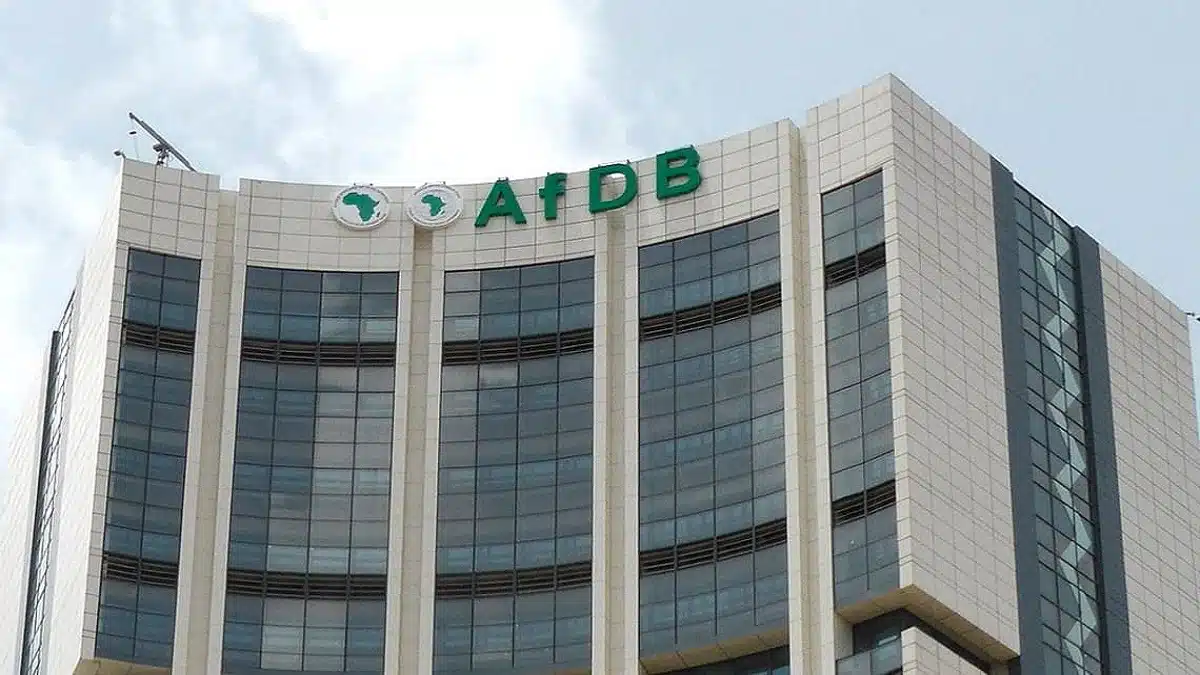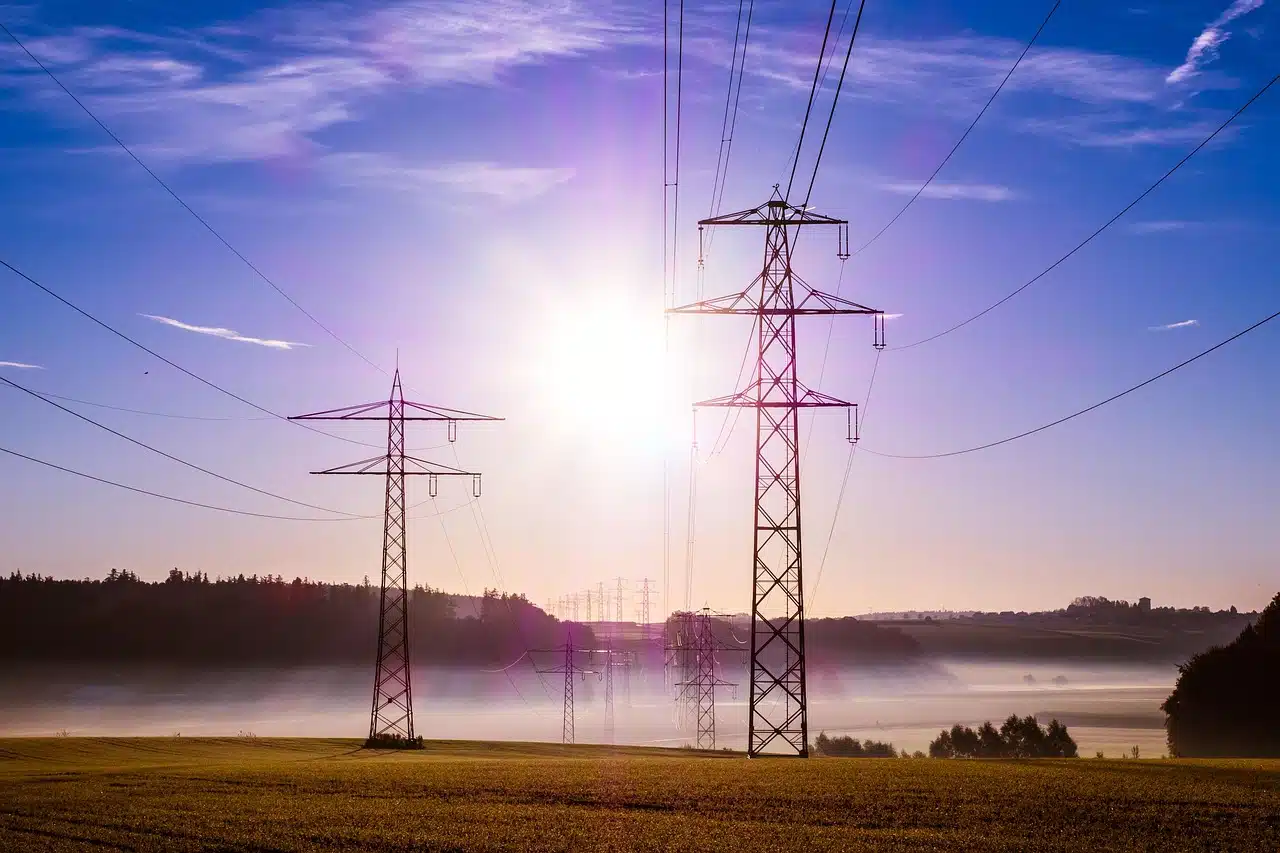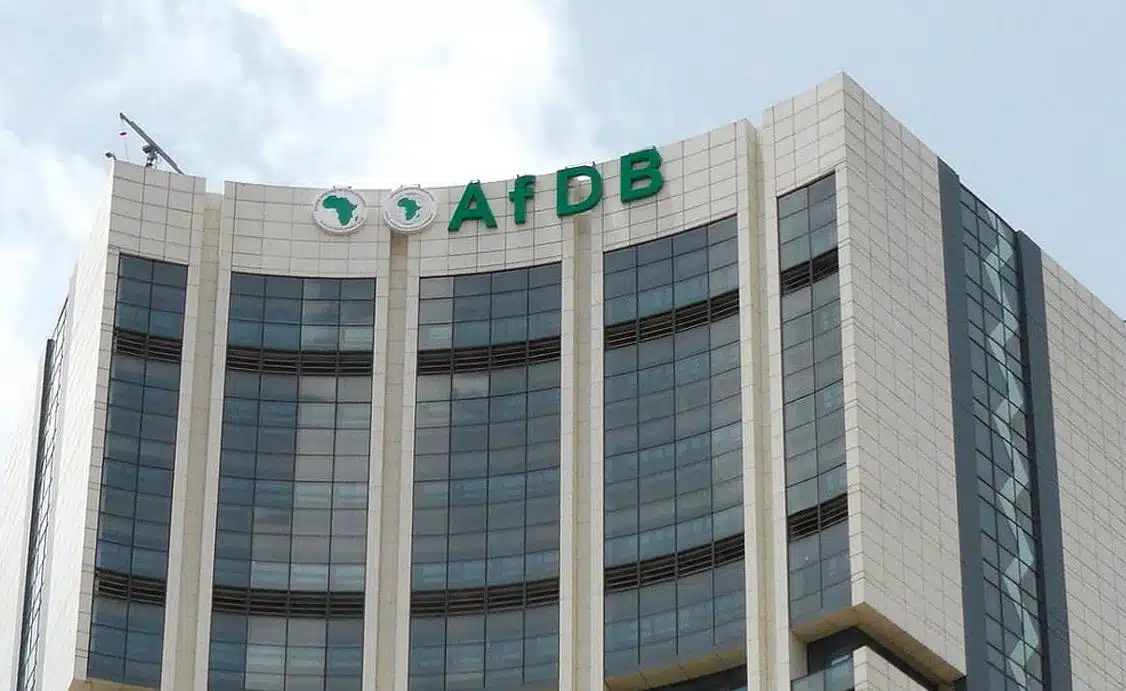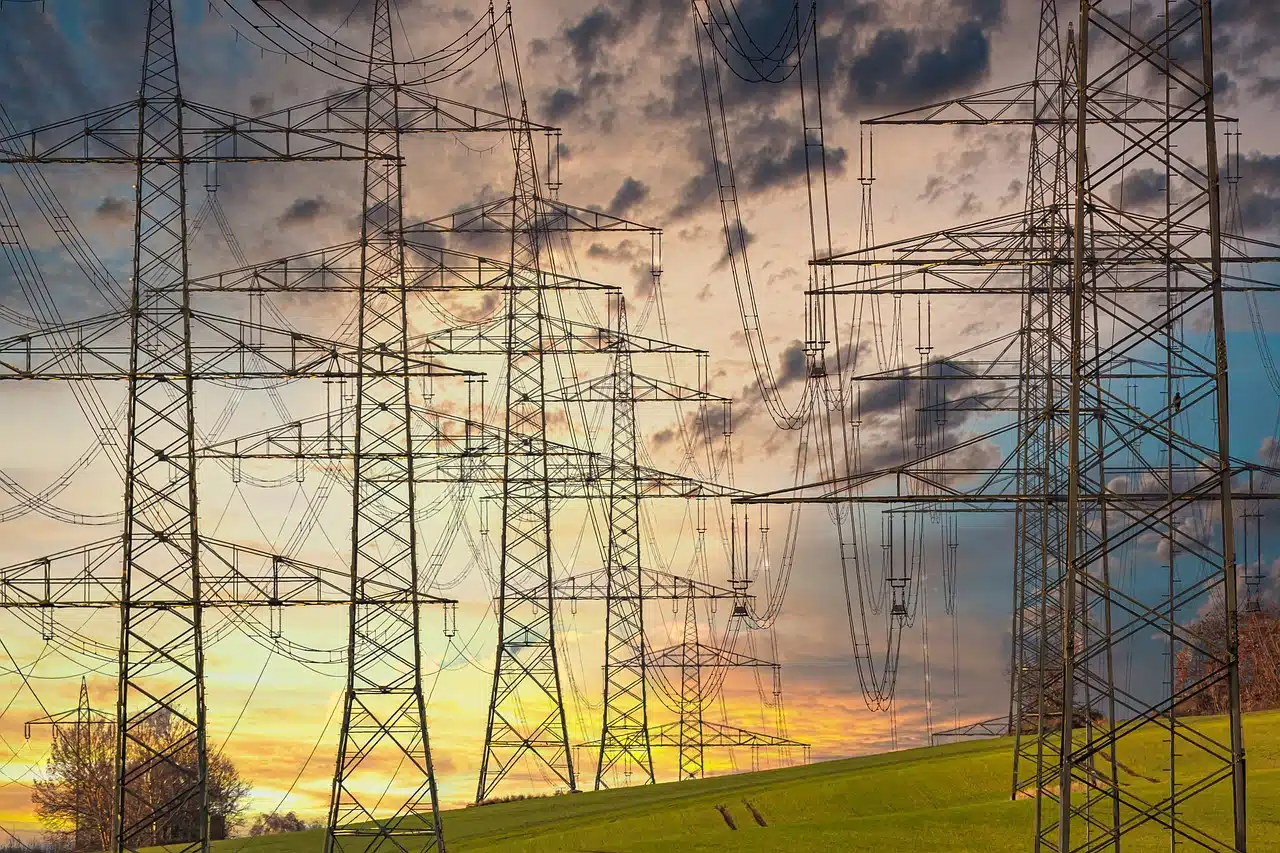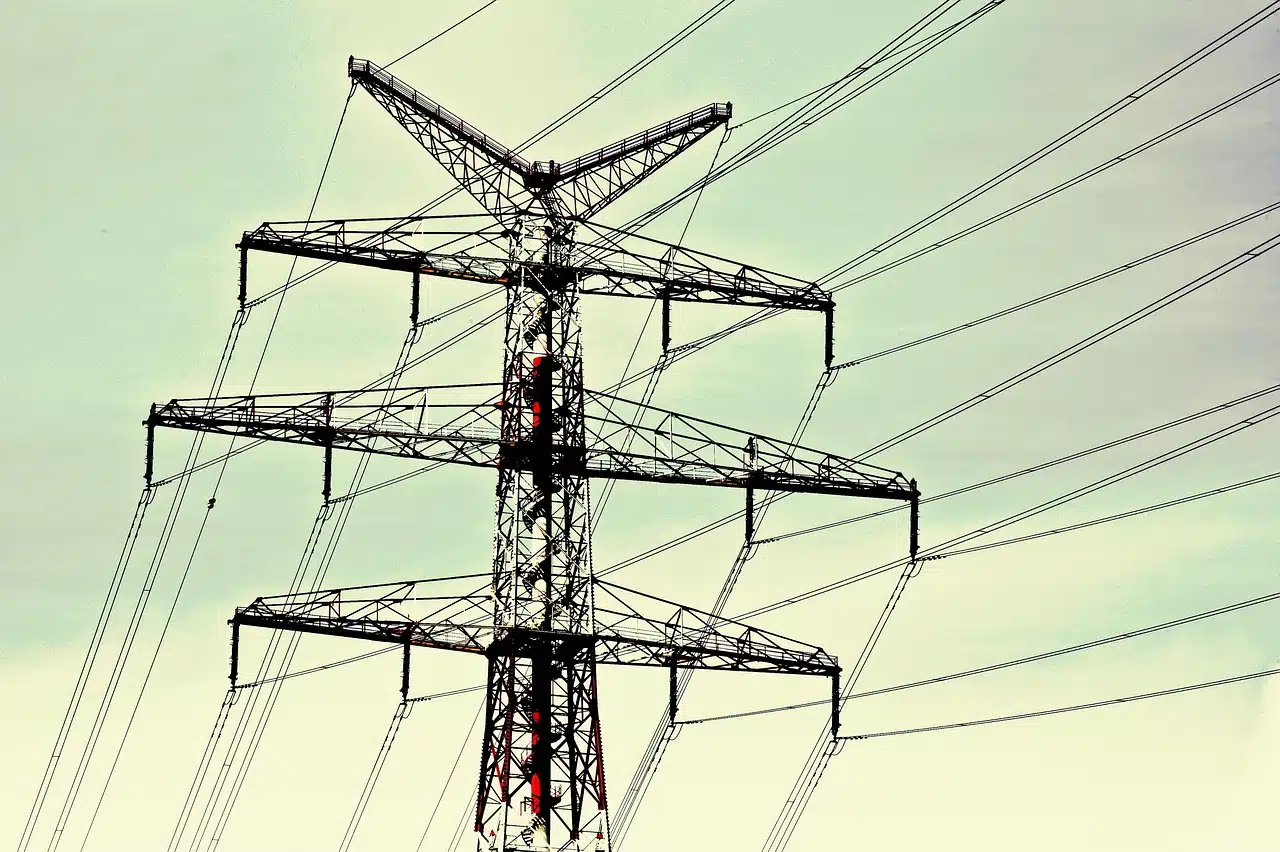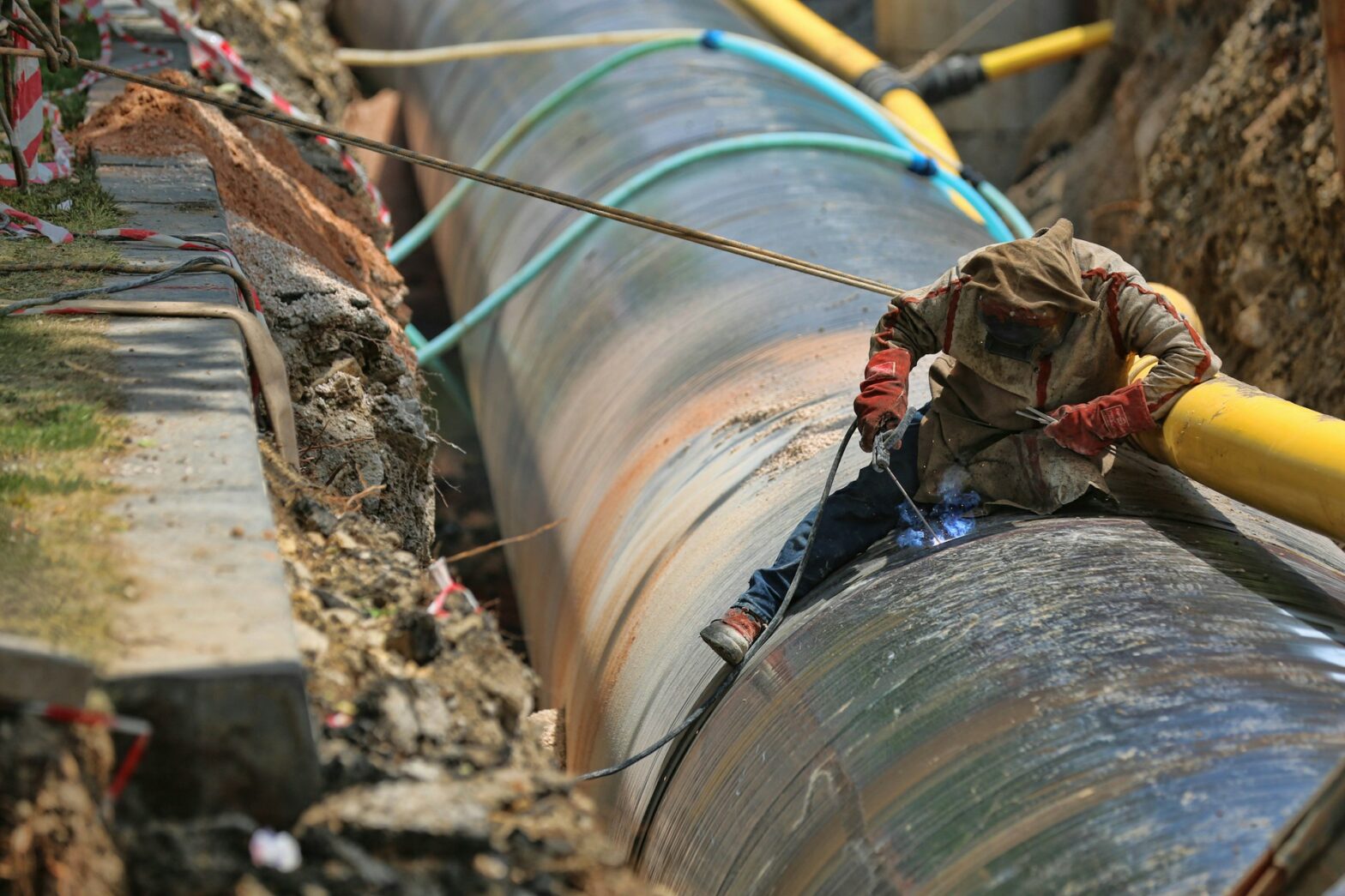The African Development Bank (AfDB) and the Democratic Republic of the Congo have signed two grant agreements totalling $1.5 million to strengthen energy sector, improve people’s access to electricity and reduce the country’s energy deficit.
The agreements were recently signed in Congo’s capital, Brazzaville, by Solomane Koné, AfDB’s acting Director General for the Central Africa region, and Ludovic Ngatse, the Congolese Minister of the Economy, Planning and Regional Integration who is also the Bank’s governor for Congo.
The first grant, of $585,000 mobilized from the Middle Income Country Technical Assistance Fund, will help fund development studies for hydroelectric dams.
The aim is to facilitate the future development of hydroelectric infrastructure at the Mbanza Ndounga in the southern region of the country and Linzolo, which is 20 km south of Brazzaville.
Hydroelectric power plants at these sites will increase electricity production capacity and promote energy self-sufficiency.
The second grant of $995,000 is funded by the Korea-Africa Economic Cooperation Trust Fund (KOAFEC). It will be used to finance the feasibility study and detailed design of transmission lines between Pointe-Noire and Brazzaville, as well as between Loudima and Djambala.
“These agreements are a sign of the close relationship that the government maintains with the African Development Bank for the development of Congo”, Minister Ngatse said.
The Minister also said that Congo will place importance in providing universal access to energy for the Congolese people.
“The various studies will accompany the implementation of Congo’s strategy in terms of the electrification of its urban centres but also its rural areas, the aim being to work towards universal access to electricity for the whole of the Congolese population”.
In a statement, the AfDB said these grants will be used to prepare core, short-term investment projects.
These projects will help Congo achieve its energy access objectives in alignment with “Mission 300.”
This initiative, led by the AfDB and the World Bank, aims to supply electricity to 300 million people in Africa by 2030.
“For the last decade, the African Development Bank Group has been developing significant initiatives and global partnerships to densify investments in the energy sector by involving different actors. ‘Mission 300’, the Desert to Power initiative and the Africa Energy Market Place have all been put in place to support our countries’ ambitions in terms of access to energy,” added Koné.

